detail profile koh sugita
Peran Yang Di Mainkan Koh Sugita
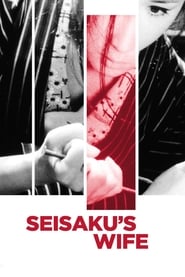 On the eve of the RussoJapanese...
On the eve of the RussoJapanese...Seisaku's Wife 1965
On the eve of the Russo-Japanese war at the beginning of the 20th century, small-town girl Okane has married an old wealthy man to escape a life of poverty.
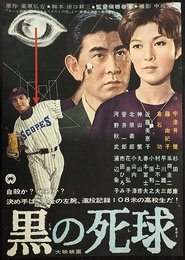 A talent scout who had his...
A talent scout who had his...Black Dead Ball 1963
A talent scout who had his eyes set on a star left-handed pitcher in the high school baseball world falls to his death at his hotel. Was it a homicide or suicide? His junior colleague pursues the mystery of his death.
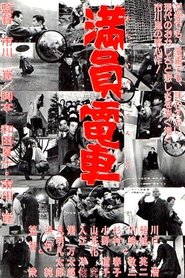 Tamio Moroi a young university graduate...
Tamio Moroi a young university graduate...The Crowded Train 1957
Tamio Moroi, a young university graduate, works at a large brewery where he is taught to do nothing but look busy. When his father goes insane, he is told to send money for medical research into the condition. This prompts him to pay his father a visit, leading to a series of mishaps that leaves him at the bottom of the heap in what he once expected to be a promising lifetime career.
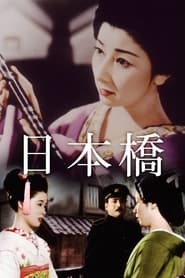 Ichikawas 1956 adaptation of Nihonbashi was the...
Ichikawas 1956 adaptation of Nihonbashi was the...Bridge of Japan 1956
Ichikawa's 1956 adaptation of Nihonbashi was the first to take the work of Kyoka Izumi— until then regarded as a writer of common tragic melodramas—and re-evaluate it as a tanbi-ha work of decadence, aestheticism, and intrigue. Ichikawa's film presents the tragic plot of the young geisha who is unable to enact her love for a man publicly in any way other than a histrionic story of torment, a heart-rending tale of lovers being crushed by fate. Instead, Ichikawa shows the contest of wills that transpires as two geisha, Oko and Kiyoha fight for the top spot in Nihonbashi, the pinnacle of the Tokyo geisha world. Nihonbashi is an elegant, if steely, exposition of manners. The young doctor, Shinzo Katsuragi, is the object of affection for both women, but appears to be more the choice reward for the plotting and thieving of these two early modern superwomen, than a lover they swoon over.
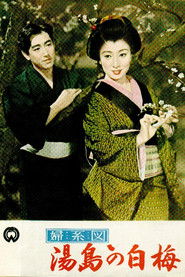 Hayase a schoolteacher assists Sakai in...
Hayase a schoolteacher assists Sakai in...The Romance of Yushima 1955
Hayase, a schoolteacher, assists Sakai in editing a German-Japanese dictionary. Hayase owes much to Sakai, as Sakai raised him for 13 years after Hayase lost his parents in a war. Hayase has been secretly married to Otsuta, a former geisha, and has been unable to tell Sakai of the marriage, aware as he is that Sakai wants him to marry his daughter, Taeko. Otsuta wants Hayase to tell Sakai about her, but understands the difficulty of his position. At a festival, Otsuta is mistaken for a pickpocket and taken to the police. Because of her background as a geisha, newspaper reporters eagerly delve into her past and report that she has been married to Hayase. Unaware of what has been printed in the papers, Hayase decides to tell Sakai about his marriage. Sakai shows the newspaper to him and orders Hayase to part with Otsuta. Given no chance to explain, Hayase accepts Sakai's order.

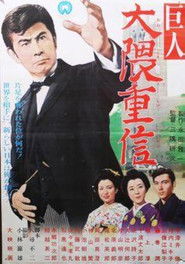 The biopic of Shigenobu kuma one...
The biopic of Shigenobu kuma one...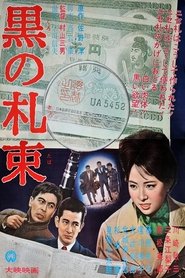 The case of the counterfeit bills...
The case of the counterfeit bills...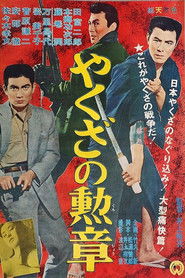 Order of Yakuza
Order of Yakuza The cunning detective Akeichi must foil...
The cunning detective Akeichi must foil...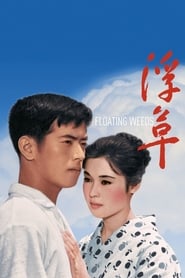 When a theater troupes master visits...
When a theater troupes master visits...

 Kosaka drops to death while ice...
Kosaka drops to death while ice...